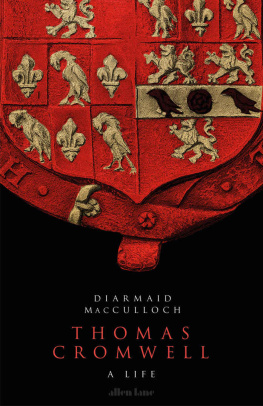First published in 1915 by Cambridge University Press
This edition first published in 2018 by Routledge
2 Park Square, Milton Park, Abingdon, Oxon, OX14 4RN
and by Routledge
52 Vanderbilt Avenue, New York, NY 10017, USA
Routledge is an imprint of the Taylor & Francis Group, an informa business
1915 by Taylor and Francis
All rights reserved. No part of this book may be reprinted or reproduced or utilised in any form or by any electronic, mechanical, or other means, now known or hereafter invented, including photocopying and recording, or in any information storage or retrieval system, without permission in writing from the publishers.
Publishers Note
The publisher has gone to great lengths to ensure the quality of this reprint but points out that some imperfections in the original copies may be apparent.
Disclaimer
The publisher has made every effort to trace copyright holders and welcomes correspondence from those they have been unable to contact.
A Library of Congress record exists under ISBN:
ISBN 13: 978-0-367-18361-5 (hbk)
ISBN 13: 978-0-429-06108-0 (ebk)
THE PILGRIMAGE OF GRACE
15361537
AND
THE EXETER CONSPIRACY
1538
IN TWO VOLUMES
VOL. II
CAMBRIDGE UNIVERSITY PRESS
C. F. CLAY, MANAGER
London: FETTER LANE, E.C.
Edinburgh: 100 PRINCES STREET
New York: G. P. PUTNAMS SONS
Bombay, Calcutta and Madras: MACMILLAN AND CO., LTD.
Toronto: J. M. DENT AND SONS, LTD.
Tokyo: THE MARUZEN-KABUSHIKI-KAISHA
All right reserved
The position and objects of the rebels having been set forth, it is now time to consider the situation from the Kings point of view.
The Pilgrims had stated their grievances definitely, and begged the King to tell them what redress he was prepared to give. In order to discover what answer he would make, it is necessary to go back to the mission of Bowes and Ellerker at the beginning of November. On their first arrival Henry had himself drawn up a reply to the five articles. It is not necessary to go into the details of the reply, however, for in essence it was simply a refusal to listen to any of the rebels remonstrances, and it had no external result because it was never sent.
When he wrote it Henry seems to have been under the impression that the Pilgrims were already scattered, and that the affair would be over almost as quickly as the Lincolnshire rising. By the time the reply was received the rebels might be expected to be in a properly submissive frame of mind. As he gradually became convinced that the truce was merely a truce, and not a capitulation, the dreadful suspicion may have dawned in his mind that these traitors might not accept his gracious answer, written with his own hand, in the proper spirit. They might hesitate, argue, even reject it. The very idea of such a humiliation was too terrible to be entertained. The King would not run such a risk. Instead of issuing D. II. his reply to the Yorkshiremen, he caused his reply to Lincolnshire to be printed, thus returning an indirect answer to the rebels, without exposing himself. But his labour was not wasted, for he let it be known among the Pilgrims that he had answered their petition, but that he would not as yet allow them to see his reply. His letter to Ellerker and Bowes supplied this omission to some extent, and once the Pilgrims had made a full list of their grievances, as a substitute for their first general petition, the Kings answer became quite insufficient. The stages by which Henry was reluctantly forced to acknowledge that he was obliged to treat formally with the Pilgrims have already been traced. On 14 November he had resolved to send Norfolk and Fitzwilliam to negotiate with them.
With these instructions Norfolk and Fitzwilliam set out. On 27 November the King wrote to them at Leicester. The rebels attitude was still very threatening, and he seems to have thought that there was little prospect of peace, but he was still determined-not to yield a single point; he would not give hostages for Aske; he would not grant fourteen days truce for the appointment, our instructions treat of a time to be won by policy, and not of an abstinence by pact, which would give them time to fortify themselves.
These letters and instructions must have been very painful reading for Norfolk and the Admiral. It was abundantly evident by this time that there was no chance of winning over Darcy, and as far as could be discovered the other leaders were equally unapproachable. For a short while the royalists entertained some hope of winning over Aske, owing to the report of a spy. This man was called Knight, and was a servant of Sir Francis Brian. The reports from the north showed no signs of giving way on the part of the rebels. On the contrary, it was doubtful whether they would consent to treat at all. If they were really so much excited and so confident it was quite evident that they would not humbly accept any answer which the King might choose to make.















